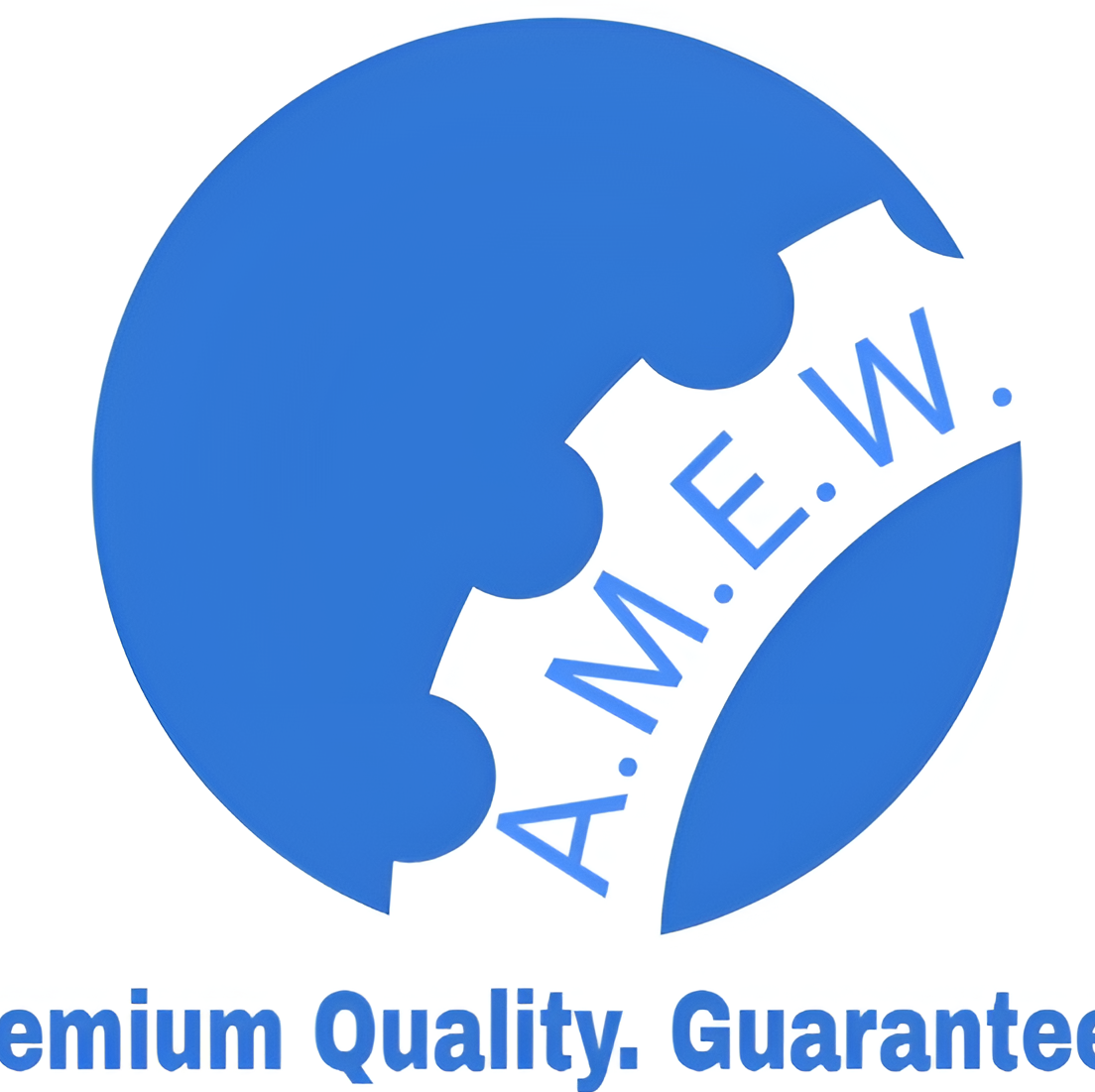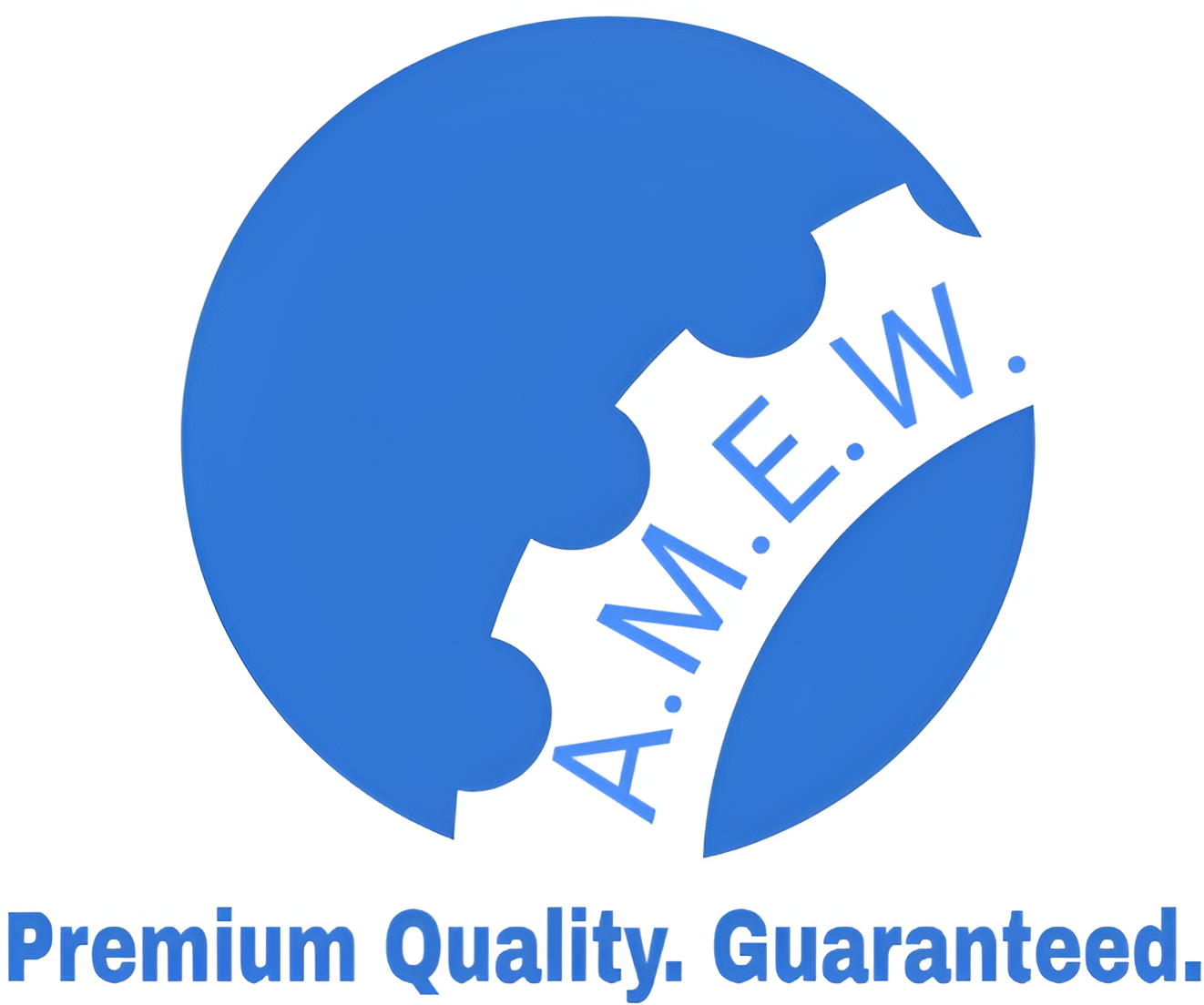A Comprehensive Guide to Fabricated Pipes and Their Importance in Modern Infrastructure
What Are Fabricated Pipes and Their Uses?
Fabricated pipes are specially designed and manufactured piping systems tailored to meet the unique needs of various industries. Unlike standard, off-the-shelf pipes, fabricated pipes are customized in terms of material, size, and design to align perfectly with specific operational requirements. From transferring fluids and gases to withstanding extreme pressures and temperatures, these pipes are indispensable in several industries, including oil and gas, construction, and manufacturing.
This blog explores everything you need to know about fabricated pipes, from their types and benefits to applications and future innovations. Whether you’re an engineer, project manager, or industry enthusiast, you’re about to learn how these versatile systems shape the backbone of modern infrastructure.
Types of Fabricated Pipes
Fabricated pipes come in various types, designed to suit different applications. They vary by materials, sizes, and customization options, offering unparalleled adaptability to complex projects.
1. Materials Used
Fabricated pipes can be made from a range of materials based on the specific application:
- Steel (Carbon, Stainless, Alloy): Known for its strength and durability, steel is widely used in industries such as oil refineries and power plants.
- Copper: Ideal for plumbing and HVAC systems due to its corrosion resistance.
- PVC (Polyvinyl Chloride): Lightweight and affordable, often used in residential water pipelines.
- Concrete: Commonly utilized for sewage and stormwater systems.
- Composite Materials: Offer a combination of lightweight properties and resistance to chemical exposure.
2. Sizes
Fabricated pipes range in diameter from a few millimeters (used in precision industries like healthcare) to several meters (used in large-scale infrastructure projects, such as water distribution systems).
3. Customization Options
Customization includes pipe fittings (elbows, flanges), pipe coatings (corrosion-resistant or heat-resistant), and special finishes for industrial aesthetics or added durability.
By providing various options, fabricated pipes can cater to almost any operational challenge, no matter how unique.
Benefits of Using Fabricated Pipes
Selecting fabricated pipes for your project offers several advantages that go beyond standard solutions. Here are three key benefits:
1. Cost-Effectiveness
Because fabricated pipes are tailored to the specific needs of a project, they reduce material waste and ensure efficient use of resources. Additionally, their durability lowers the frequency of replacements, saving costs in the long run.
2. Durability
Materials such as stainless steel and advanced composites used in fabricated pipes provide excellent resistance to pressure, corrosion, and environmental wear, ensuring a long service life even in demanding conditions.
3. Design Flexibility
Fabricated pipes can adapt to the most complex layouts, including angles, curves, and tight spaces. This flexibility ensures seamless integration into existing systems, minimizing disruptions during installations or retrofits.
These benefits make fabricated pipes a highly reliable and economical choice for a wide range of industries.
Applications of Fabricated Pipes
Fabricated pipes are essential across multiple sectors, proving their versatility and value. Here’s a closer look at the industries that rely on them:
1. Oil & Gas
Fabricated pipes are used in the extraction, transport, and refining of oil and natural gas. Their ability to withstand high pressures and corrosive substances makes them integral to this industry.
2. Construction
From water supply systems to HVAC setups, fabricated pipes are crucial for laying the groundwork in modern construction projects.
3. Manufacturing
Industries like chemical processing and food production depend on fabricated pipes for fluid transfer, cooling systems, and waste management.
4. Power Plants
Whether it’s nuclear, thermal, or renewable energy generation, power plants leverage fabricated pipes for cooling systems, steam transportation, and more.
5. Transportation
Fabricated piping is used in aircraft fuel systems, railway infrastructure, and even shipbuilding.
Regardless of the sector, fabricated pipes deliver precision and performance while meeting strict safety and efficiency standards.
The Design and Manufacturing Process
How do manufactured pipes go from paper to practical use? Here’s a streamlined overview of their design and fabrication process:
Step 1: Blueprinting and Design
Engineers create detailed designs and blueprints based on a project’s technical requirements. This includes specifying materials, pipe dimensions, and the application environment.
Step 2: Material Selection
The right material is chosen depending on the pipe’s intended use and environmental conditions. Factors such as corrosion resistance, thermal durability, and pressure handling are considered.
Step 3: Fabrication
Using processes like welding, bending, and cutting, raw materials are transformed into bespoke piping solutions. Advanced machinery ensures precision at every step.
Step 4: Testing and Quality Assurance
Before installation, the pipes undergo stringent testing to ensure compliance with industry standards. Pressure tests, non-destructive testing (NDT), and corrosion resistance evaluations are typical procedures.
Step 5: Delivery and Installation
The final product is transported to the project site and installed by professionals, ensuring a seamless fit with the existing system.
This meticulous process guarantees that fabricated pipes meet exact specifications and exceed expectations.
Quality Control and Standards
Ensuring reliability is critical when working with fabricated pipes. Here’s how manufacturers uphold the highest standards:
1. Industry Standards
Fabricated pipes must adhere to global certifications, including:
- API (American Petroleum Institute) Standards
- ASTM (American Society for Testing and Materials)
- ASME (American Society of Mechanical Engineers) Code
2. Rigorous Testing
Testing ensures performance under real-world conditions, covering:
- Pressure and stress resistance
- Leak detection
- Temperature endurance
This level of quality control provides businesses with peace of mind and confidence in their investments.
Case Studies of Successful Projects
1. Offshore Oil Rig Expansion
An offshore oil company required highly durable pipes for a deep-sea project. Customized stainless steel fabricated pipes with anti-corrosion coatings successfully delivered, saving 30% in maintenance costs over five years.
2. Urban Water Distribution
A growing metropolitan city used PVC fabricated pipes for an overhauled water infrastructure. The lightweight pipes reduced installation time by 40% while providing long-term reliability.
These real-world examples highlight how fabricated pipes can be tailored to meet unique challenges across diverse industries.
Future Trends in Fabricated Pipe Technology
The fabricated pipe industry is constantly evolving, driven by technological advancements. Here’s what the future holds:
1. Smart Piping Systems
Embedded sensors in pipes will enable real-time monitoring of pressure, temperature, and flow rates, enhancing preventive maintenance.
2. Sustainable Materials
Eco-conscious businesses are pushing for pipes made from recycled metals, biodegradable composites, and other green materials.
3. Additive Manufacturing (3D Printing)
3D printing technology is set to revolutionize custom pipe fabrication by reducing costs and delivery times.
These innovations promise to enhance the efficiency, reliability, and sustainability of fabricated pipes for years to come.
Why Fabricated Pipes Are Vital to Modern Infrastructure
Fabricated pipes are the unsung heroes of modern industries, offering unmatched durability, flexibility, and cost savings. From simplifying workflows to enabling cutting-edge applications, they remain indispensable to projects both large and small.
Are you ready to optimize your next project with state-of-the-art fabricated pipes? Partner with industry leaders to unlock tailored solutions that meet your specifications. Whether you’re retrofitting an old system or building a new one, choosing fabricated pipes is a decision guaranteed to deliver exceptional results.

